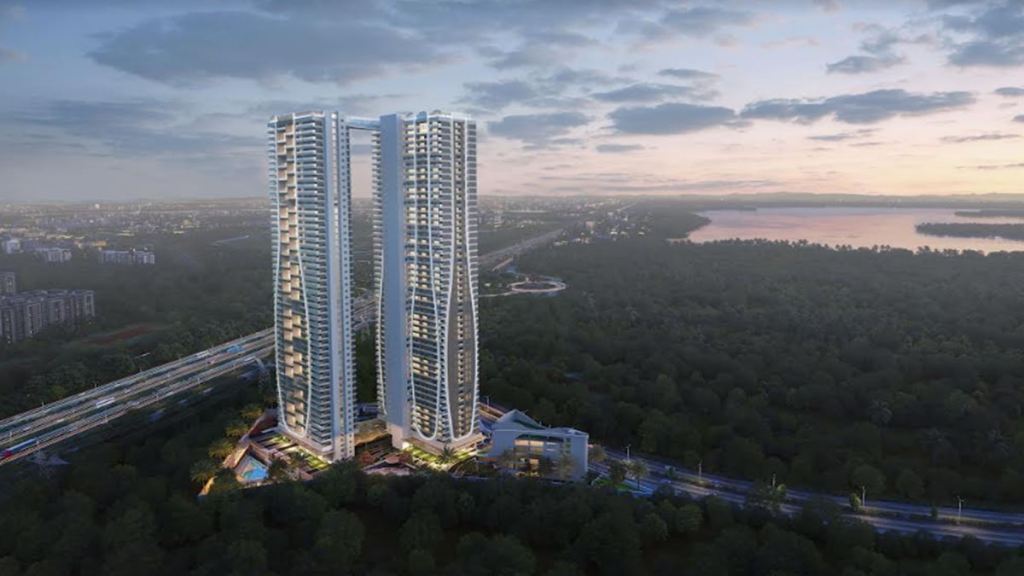The Union Budget 2024 was being called the ‘Budget of Hope’ not without reason. Amidst economic fluctuations and pricing challenges, this budget marks a significant step forward, introducing key reforms and increased funding that promise to reshape the real estate industry’s landscape.
The budget has introduced a number of key reforms, addressing the sector’s long-standing issues while simultaneously pushing for growth and development. However, real estate developers and investors find themselves cautiously optimistic and would be closely observing on how these reforms are implemented.
One of the most notable changes is the reduction in long-term Capital Gains Tax. This move, aimed at simplifying the tax structure, comes with a trade-off: the removal of indexation benefits. While this may cause some initial concern among investors, the overall impact is expected to stimulate market activity. The ambitious plan to construct 3 crore additional houses in urban and rural areas stands as a testament to the government’s commitment to affordable housing. This initiative, coupled with the Urban 2.0 program investing Rs 10 lakh crore for 1 crore urban families, presents a ray of hope for both the working class and developers. However, the industry would have some scepticism with regards to the intensity of these impact of these measures on the developers.
Also Read: Income Tax Refund: How to check your ITR Refund status and what to do if refund is delayed?
Urban development takes center stage in this budget, with the Ministry of Housing and Urban Affairs (MoHUA) seeing a substantial increase in allocation from Rs 69,270.72 crore in FY2023-24 to Rs 82,576.57 crore for FY2024-25. This boost underscores the government’s vision of cities as growth hubs and urban development as a key priority. In a move towards inclusivity, the budget announces reductions in stamp duties and special considerations for women homeowners. This progressive step is expected to open up new market segments and encourage wider participation in property ownership. Digitization emerges as a crucial theme, with the implementation of Geographic Information Systems (GIS) set to revolutionize transactions between buyers and builders. The allocation of Rs 1150.02 crore for the National Urban Digital Mission further emphasizes the Government’s commitment to modernizing the sector.
Despite these positive developments, the real estate industry’s long-standing demand for ‘Industry Status’ remains unaddressed. The absence of this recognition, along with the lack of GST rationalization, continues to create challenges in offering competitive pricing to buyers. Many industry experts argue that granting industry status could be the key to unlocking the sector’s full potential.
As we look to the future, the 2024 Union Budget sets a hopeful tone for real estate in India. While it may not have delivered on all fronts, it has certainly laid the groundwork for significant growth and development. The ambitious housing initiatives and focus on urban development paint a promising picture, but there’s still room for further dialogue on policy reforms.
The coming months will be crucial as the industry adapts to these changes and continues to push for additional reforms. For now, stakeholders in the real estate sector can take heart in the government’s clear signal of support and commitment to progress. The journey towards a fully reformed and vibrant real estate market continues, one budget at a time.
(By Naveen Gadde, Founder & MD, Navanaami)
Disclaimer: Views expressed are personal and do not reflect the official position or policy of FinancialExpress.com. Reproducing this content without permission is prohibited.

